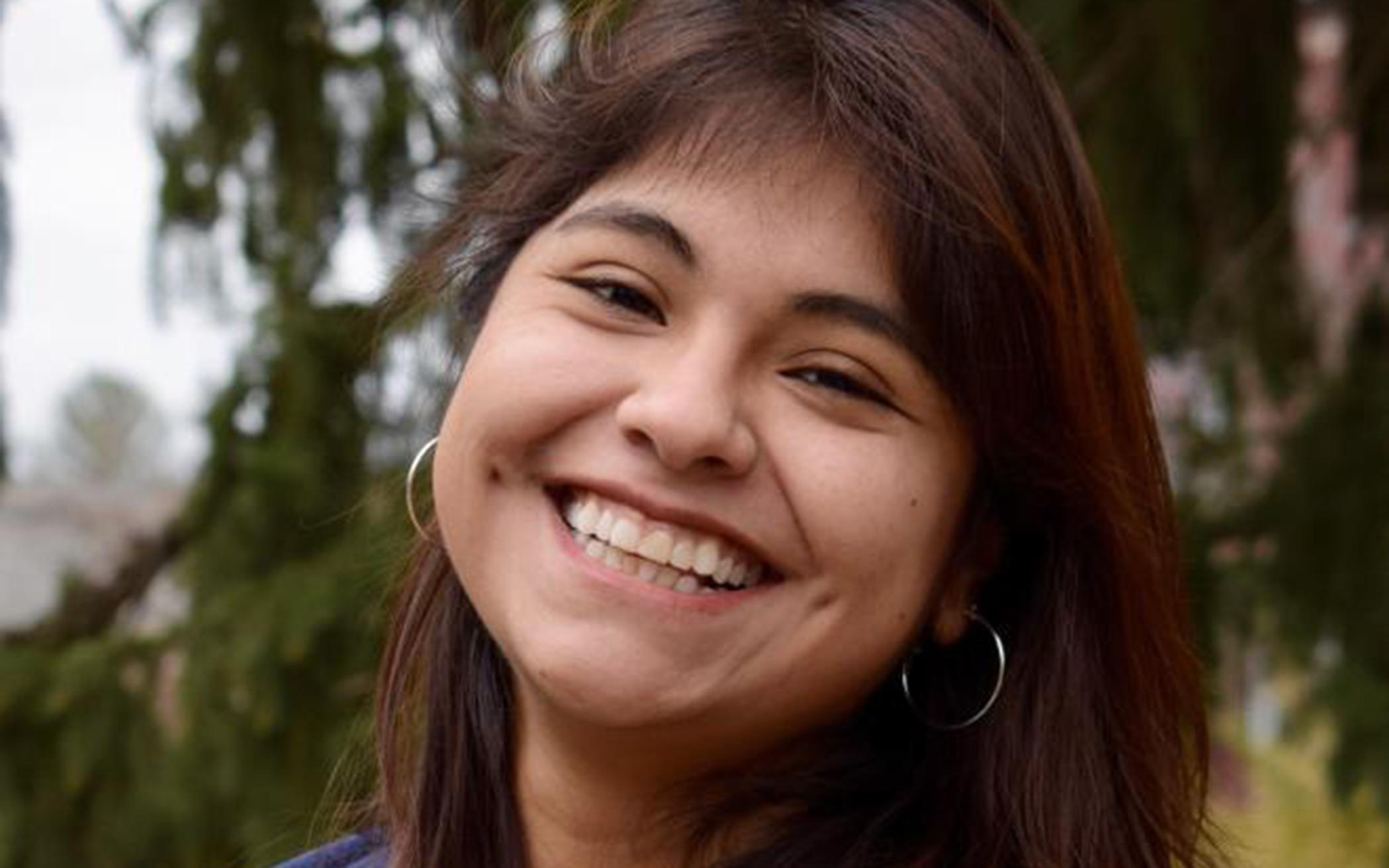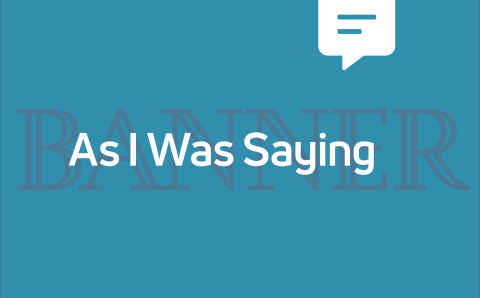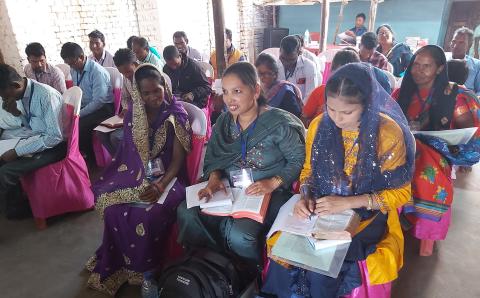The Bible has a lot to teach us about leadership development. While Jesus could have carried out his ministry on his own, he chose to gather people around him and pour himself into them as he did his ministry. In this way, he prepared leaders to take over ministry after his ascension. In the same way, Christians are called to nurture and prepare the way for the next generation of leaders.
Our Journey 2025, the Christian Reformed Church’s ministry plan, includes four key goals (or “milestones”). Two of these are to “listen to the voices of every generation, shaping us for ministry together” and to “grow in diversity and unity by seeking justice, reconciliation, and welcome.”
Together, these are an opportunity for all of us to think about leadership development among all races, ethnicities, ages, and generations. Here are two stories of how the CRCNA is working to do that.
Generation Spark Holds First Binational Gathering
Generation Spark is a joint initiative of the CRCNA and the Reformed Church in America focused on helping churches build intergenerational relationships between 16- to 24-year-olds and spiritual mentors.
Churches in the U.S. and Canada have been participating in the program since its launch in the spring of 2021. However, due to the pandemic and related border restrictions, participants in the early phases were unable to gather in person.
In October 2022, participants representing more than 15 CRC and RCA churches across North America finally had the opportunity to gather in Minneapolis, Minn., to learn and share about their experiences. Some had participated with their churches while Generation Spark was in its early development. Others had joined the most recent cohort of the program. Still others hoped to bring Generation Spark to their churches in the future. Together they learned a common language around intergenerational mentoring and explored research on young adults' engagement with faith.
A core component of the gathering was a panel of adults aged 30 and younger who shared their mentoring experiences.
“(Intergenerational mentoring) has been a huge part of me feeling like I belong in a church,” said Kylie Kalmbach, a university student from Covenant CRC in Edmonton, Alta. “It’s meant that I know someone there, I know someone who will talk to me, I know someone I can ask questions to and help me feel that I can ask questions most of the time, and that I’m an adult who’s allowed to be at church and have opinions about our church and our whole belief system.”
Participants also addressed assumptions about mentoring that limit people from participating. “There’s this language of ‘a mentor does this and this and this,’” said Ruth Langkamp, the RCA’s Next Generation Program Specialist who works with Generation Spark. But there’s no checklist of “super-spiritual” attributes people need to be a mentor. Langkamp said the best mentors sometimes don’t even know they are mentoring.
“I’ve been blessed to have really great mentors,” Langkamp said , “but my favorite didn’t know she was my mentor until I told her! I think that was one of the first times where she was like ‘Oh, I’m capable of this? I’ve been walking alongside this young person for a couple years now; I can be a mentor.’”
Cruz Menchaca, an intern focused on outreach at Mission Church in Tucson, Ariz., said he is a huge proponent of mentoring.
“I get called a plethora of names back home because of how zealous I am about mentorship,” he said. “I think I have maybe 10 to 12 mentors in my life that I see on a rotating basis. While I’m really only held accountable at my home church, being able to go out and experience a variety of people of different backgrounds and different worldviews really helps me navigate my life. I think I would just be so lost without them.”
Research shows that these kinds of mentoring relationships have long-lasting effects. Young adults are three times more likely to connect with new churches after moving out of their parents’ home if they have a mentor in their home church (Renegotiating Faith).
To help churches develop and strengthen mentoring relationships, Generation Spark offers different experiences to match each church’s familiarity with mentoring. Because it’s funded by a grant from Lilly Endowment, there is no cost for churches to participate. These provisions allow churches to focus on what young adults are saying: mentoring can be as simple as showing up and listening well.
“We have these questions that we’re wrestling with constantly: How do we apply our faith to these questions? How do these questions live out in our lives?” Menchaca said . “And when we have people in our lives who can at least walk with us and make us feel less lonely within ourselves with these questions, it goes such a long way.”
Calvin University Launches Leadership Development Program
“I’ve been in college 10 years straight, no break,” Shaquille Anthony recently shared in a video message for his social media followers after receiving a doctorate of education in organizational development and leadership. He then went on to encourage others to discover, develop, and give away their gifts.
Serving Calvin University as director of strategic partnerships since summer 2022, Anthony still refuses to take a break from education and professional development. This academic year, he joined the inaugural cohort of a new professional development program specifically designed for underrepresented members of Calvin’s staff and faculty.
“If we could have retained (more people of color) who have ever worked at Calvin we would have a more diverse workforce today,” said Michelle Loyd-Paige, executive associate to the president for diversity and inclusion and founder of the program.
This cohort opportunity, known as the Leadership Development Program for Under-represented Faculty and Staff (LDPU), launched in October 2022. Designed as a year-long program for early- to mid-career faculty and staff of color, the LDPU is intended to increase staff engagement and visibility as well as increase confidence, knowledge, and skills appropriate for current roles and other leadership opportunities.
Anthony is hopeful about the program. “I joined the cohort because I want to further develop as a leader and also connect with other diverse leaders across the institution,” he said. “I support the university’s efforts regarding diversity, equity, and inclusion with specific focus on diverse leadership. I think that this is the beginning of something that will change the landscape at Calvin for the better.”
For Emily Vander Weide, administrative assistant in the world languages department, the cohort was a natural fit. “I joined the cohort because it is an excellent opportunity to improve my leadership skills,” Vander Weide said. “Being a leader is more than a position. It is about connecting with your team and fostering an atmosphere of respect. This year, I supervise 31 student workers and work with 18 full-time and part-time faculty.”
Vander Weide brings to the cohort a breadth of education and professional development. Before she became a Calvin staff member in 2020, she graduated from a six-year law school program at San Pablo University in Arequipa, Peru, where she received certification in public management. Vander Weide’s career changed course when she and her husband started their married life together in the United States.
“I had to start from zero in a new country with a new language,” she shared. “I worked simultaneously at a medical factory and a restaurant while beginning to learn English and receiving a certificate as a community interpreter. After spending a well-deserved month-long vacation in lower South America, I applied to Calvin and accepted the position of administrative assistant shortly after.”
Vander Weide’s background is important to her role, she said, and improves her connections to those with whom she works. “Many of my student workers and faculty members are international, (and) understanding and respecting their cultures is integral to my role,” she explained. “Being able to speak Spanish has helped me to connect with people on a deeper level. That is why I think having people of different backgrounds can make an institution better.”
Through this new cohort program, which involves reading, assessment, reflection, writing, and guided conversation, participants such as Vander Weide and Anthony are supported and challenged as they grow their leadership capacity. Participants also have individual mentors who work with them to create strategic career development plans.
“The experience has been amazing so far,” Anthony said. “The talent in the room and the different perspectives show just how important it is to have diverse leadership and to amplify the voices of the next generation of leaders. I expect this program to enhance my leadership abilities but also keep me connected to diverse leadership throughout the institution.”
About the Authors
Megan Herrema is communications coordinator with the Office of Social Justice and Faith Formation Ministries.
Matt Kucinski is media relations manager at Calvin University.








